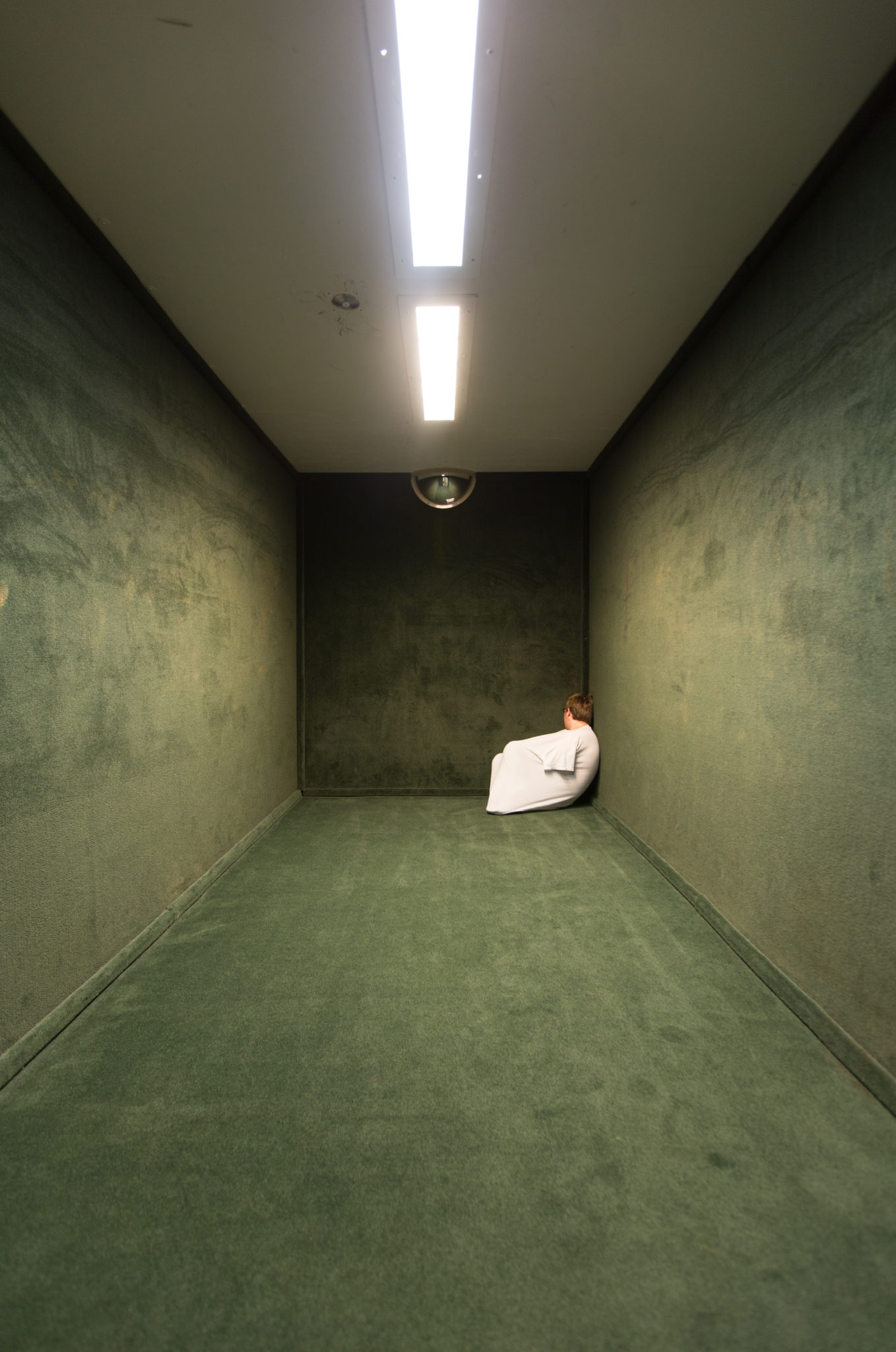Ending the Use of Solitary Confinement
CPR has worked with advocates, including protection and advocacy agencies, in Texas, Arkansas, Iowa, Michigan and Alabama to end the use of solitary confinement in juvenile justice facilities.
For example, CPR joined with Disability Rights Texas and Texas Appleseed to challenge the assignment of some adjudicated youth to “behavior programs” that required them to remain in their cells for substantial parts of the day. After administrative complaints and a complaint to the Department of Justice the Texas youth authority abandoned the worst of the practices.
During a tour of a JJ facility in Iowa, CPR and the Disability Rights Iowa (DRI) witnessed the solitary confinement of a 12-year-old girl, who was a status offender, not an adjudicated delinquent. After DRI exposed the abuse, the Governor ordered the facility closed. Listen to a news story about the Iowa juvenile home investigation.
CHALLENGING INADEQUATE MENTAL HEALTH SERVICES
CPR has partnered with local advocates and several protection and advocacy systems (P&As) to monitor the availability of appropriate mental health services to youth in juvenile justice facilities. These efforts usually include extensive monitoring of facilities and meetings with confined youth and facility staff and administrators.
In many cases CPR and its P&A partners have been able to work cooperatively with state officials to improve conditions of confinement for youth with emotional difficulties.
For example, CPR and the Alabama P&A retained two clinical experts to review the program at a secure facility that held adjudicated girls with emotional disabilities. The experts drafted a report recommending significant changes in the services at the facility. Similarly, an earlier review by another expert at a larger secure facility for boys resulted in an agreement with the state youth authority to make changes to a range of mental health services and policies, including the development of a new suicide prevention protocol and significant changes in the discipline system.
Working the Disability Rights Texas and Texas Appleseed, CPR joined a complaint about a Texas JJ facility that was purportedly designed for youth with mental health disabilities. The facility was understaffed, dangerous and unnecessarily restrictive, and provided grossly inadequate mental health services. The advocates took their concerns to Texas authorities and filed a complaint with DOJ. The state eventually closed the facility.
RIGHT TO COUNSEL IN JUVENILE PAROLE REVOCATION
Massachusetts youth committed to the Department of Youth Services (DYS) may be released from a secure facility on what is called a Grant of Conditional Liberty – the equivalent of parole. If the conditions of the parole are violated, a youth worker may have the youth returned to a secure facility pending a revocation hearing before an administrative hearing officer. In 2002, CPR and the Children’s Law Center of Massachusetts (CLCM) sent a demand letter to DYS and to the state’s public defender agency claiming that the state’s failure to provide counsel for youth subject to revocation violated the constitution. After lengthy negotiations, CPR, CLCM and the state agencies negotiated a pre-litigation settlement in which the public defenders agreed to create a special panel of attorneys to represent youth at revocation hearings, and the DYS agreed that counsel from the list would be appointed in revocation cases. The requirement for appointment of counsel was added to DYS’s regulations.
REDUCING THE USE OF GIRLS’ FACILITIES
Working with P&As in Iowa and Alabama, CPR has challenged the overuse of secure facilities for girls. Listen to the news story describing the results of the Iowa investigation.
In Alabama, as part of a multi-year initiative with the Alabama Disability Rights Program and the Southern Poverty Law Center, CPR engaged experts to take an in-depth look at the girls who are incarcerated in the state and whether there are alternatives for them. The experts’ report concluded that although the vast majority of committed and institutionalized girls had significant social service needs, almost none needed the strict security of an institution. CPR and the other advocates called for the closing of the facility and the development of diversion programs and community based alternatives to incarceration. Working with their experts and with juvenile court probation officers and judges, the advocacy groups introduced “Youth and Family Team Meetings” as a new and respectful way to design natural service responses for youth at risk of institutionalization.
